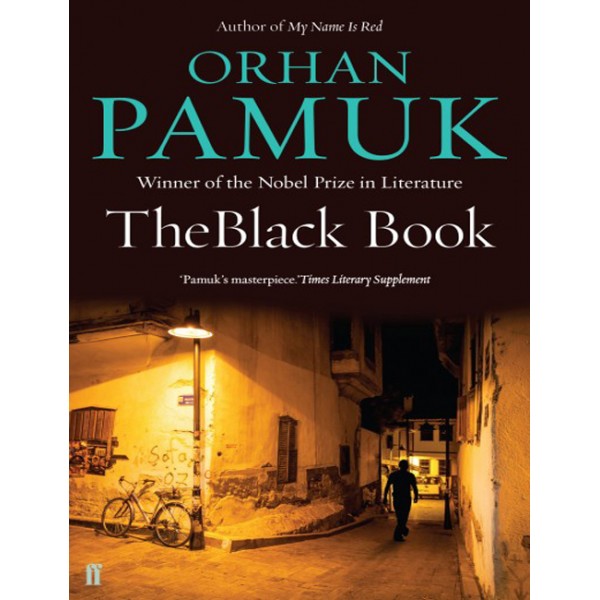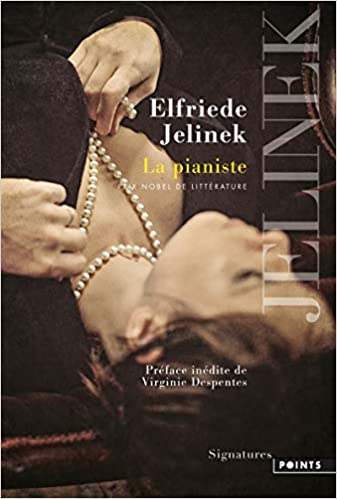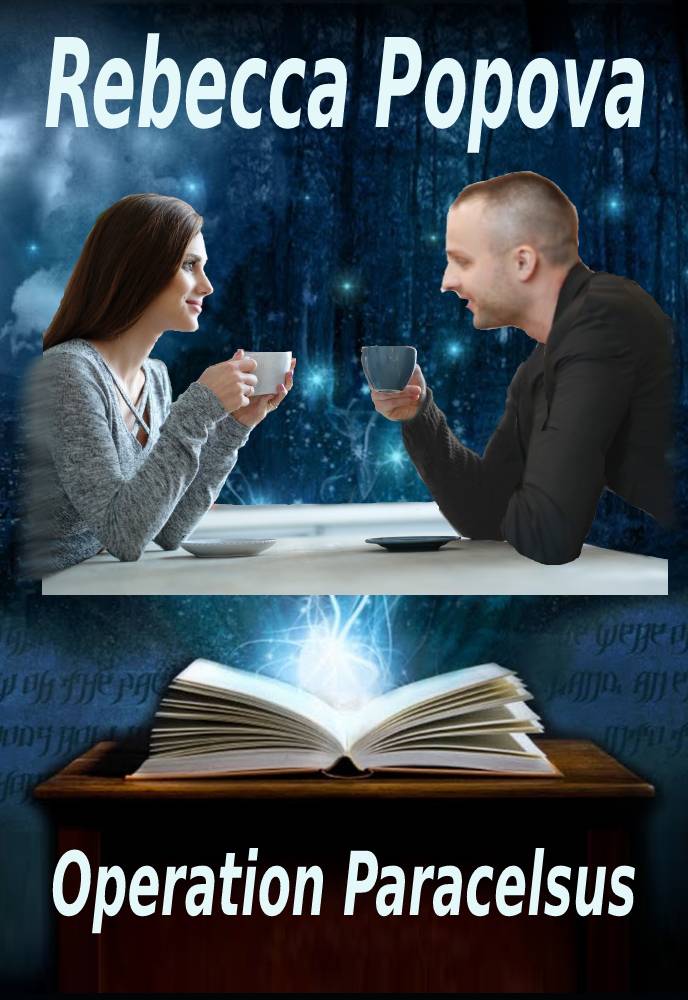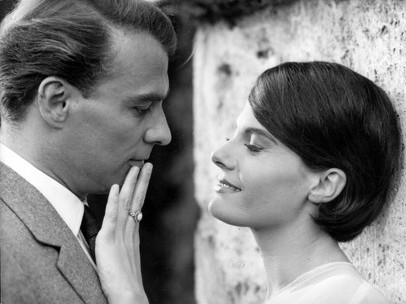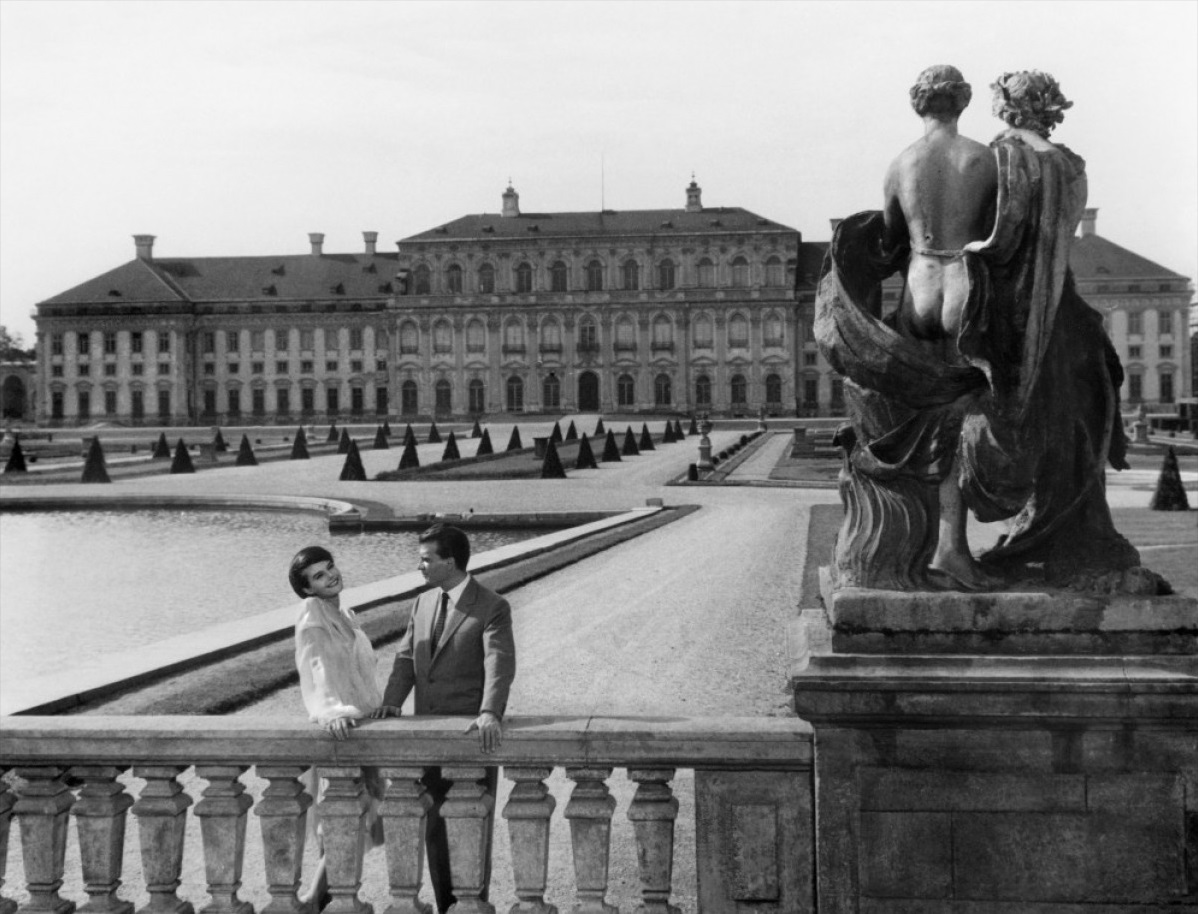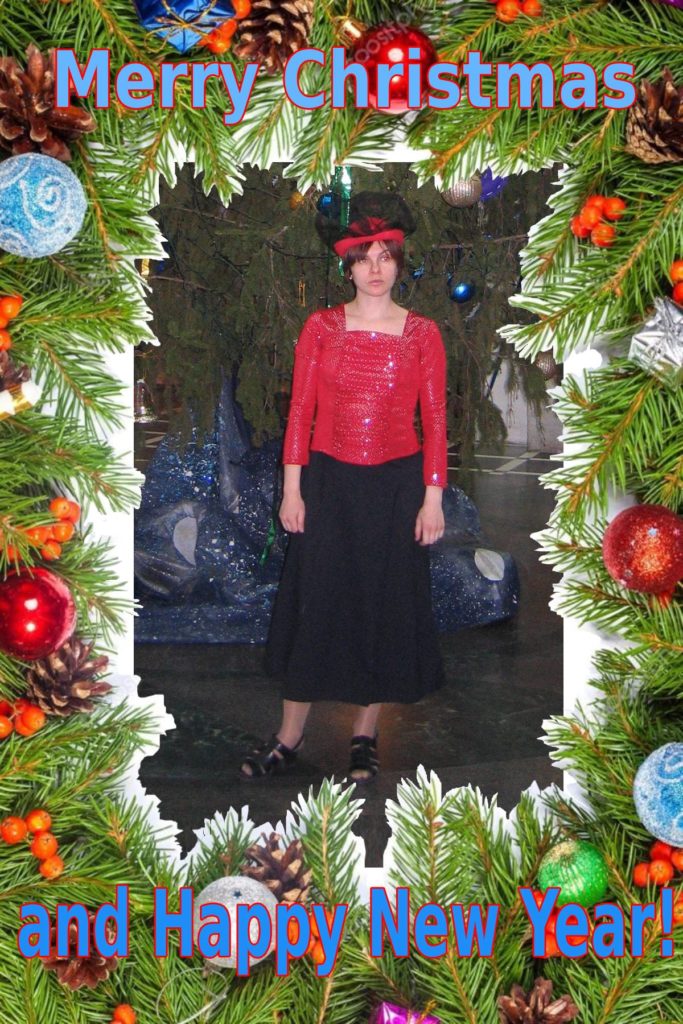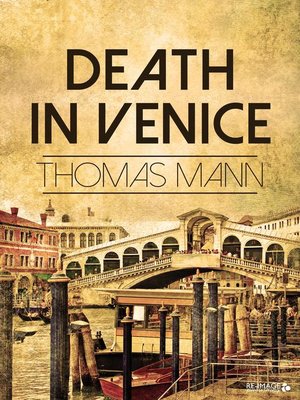I give you hand and call to join the journey
To go along the searching path together.
This story will begin one charming morning
When the whole world will be the same as ever
And any resident of Istanbul could lead
His wife in evening to the theatre called "Konak" -
In ancient city where the West meets East
And where the sun hangs over sea like orange.
These narrow winding streets may match Damascus
Where you were wandering to find your love for years.
Do not forget to wear your old black glasses,
You may believe you are bashaw or someone else.
You'll lose your way in maze of city streets
Where you may feel some presence of, it seems,
A person seeking you and soon you'll meet...
No, it's just people rush for their things.
And if perspective is at least a little changed
In this case you will see no symbols any more.
Remembering Ruya means remembering games
Of your idyllic past in the ancestral home.
The man is always woven from his past
And wandering around his life museum, enchanted,
Observes exhibits in a layer of silky dust.
Until you realize your wife has dumped you
You'll joyfully discover secret hints
Of hidden world where Ruya still exists,
And only after this you'll start through tears
To look at her abandoned empty seat.
A loving man sees everywhere reminders
Of his sweetheart with whom he's separated.
She's gone to man from her imaginary garden. . She'll stop to dream of someone when she's grey-haired.
Yet her indifference's deep as silent pit
Which you may see from window of old flat.
And scary thoughts that you want to get rid,
All memories that you need to forget,
Her stuff that's hard for you to look at still -
All things you burry deep into subconscious -
You need to put in former pit that's filled
With earth and turned in gap between the houses.
Then everything will happen like a dream
And as surreal as forgotten book
With you or with a man you'd like to seem
Whose photos and news clippings you've just looked.
You'll look at scary shots in video reports
Which seem you've already seen somewhere.
The clock in house'll be forever stopped.
Life'll be divided in "before" and "after".
Let's leave Galip with his unending woe
Imagining the map of streets with souks
And hearing the city sounds through window -
We're just devoted readers of "Black book".
Galip felt love for Ruyya first while reading
The ancient book together with his friend -
In our thrilling trip sometimes we snuggled in
Each other, getting closer in the end.
The heroes disappear, leaving stage.
We hold back our tears, feeling sad.
And now we may close the last page,
Still thinking of the mystery just read.
I often see The Black Book is not so highly appreciated – perhaps this is due to some unevenness or blurred text, but, in any case, there is a certain captured drive in it.
From the very first line of his novel, Pamuk sets a certain tone for the entire narrative, immersing the reader into the unique Universe of this book – Universe that is at the same time touching and family one and Universe that is full of voluminous meanings. Into the Universe of the life of Galip, who is in love with his wife, which is always eluding him. And into the Universe of the history of Turkey of the 20th century, geographically located between the West and the East and trying to digest these diverse influences in its everyday life at the end of the 20th century, and here it is no wonder to stumble upon a description of the flawed dystopian reality of Soviet reality which is so familiar to us.
Pamuk seeks to add depth to the novel, prompting the reader to identify his characters with archetypes from Eastern culture. The theme of searching and wandering through the maze of streets is layered in the novel on the Eastern tradition of storytelling, sometimes taking a slightly more modern form – reading newspaper articles on a variety of topics, from Trying to be yourself to Rulers playing in dressing-up. And the path of the hero’s quest will miraculously repeat the path of the “cult” author of the Poem on the Hidden Meaning.
And therefore, leafing through this book, one can feel both the diverse breath of the ancient city and the echo of bygone centuries, as well as the despair and insights of one particular person.
